China successfully intercepted a ballistic missile in mid-flight on June 19, according to a statement released by the Chinese military.
“The test was defensive and did not target any country.”
The Chinese Communist Party (CCP) has massively expanded and modernized its military capabilities under Xi Jinping, who became general secretary of the Party in 2012. The effort has included nuclear expansion, hypersonic orbital bombardment systems, and anti-satellite weapons, among other things.
The CCP has historically maintained secrecy about its missile defense systems, neither confirming nor denying their exact capabilities, although state-owned media previously claimed that the regime has conducted anti-missile tests since at least 2010.
The episode follows a flurry of bellicose rhetoric from the CCP regarding its ambitions to forcibly unify self-ruled Taiwan with the mainland, as well as efforts to drive a wedge between the United States and its regional partners in the Indo-Pacific.
During a tense meeting with U.S. Defense Secretary Lloyd Austin, Chinese Defense Minister Wei Fenghe said the CCP was willing to start a war to ensure that Taiwan wasn’t recognized as a nation by the international community.
The CCP says that Taiwan is a breakaway province. Xi has vowed to unite the two entities and hasn’t ruled out the use of force to do so. Taiwan has been self-governed since 1949, however, and has never been under the control of the CCP, but is a flourishing democracy.
The United States has acknowledged the CCP’s regime to be the only entity representing China since 1979 and doesn’t currently recognize Taiwan as an independent nation. However, the United States does maintain a commitment to Taipei outlined in the Taiwan Relations Act of 1979, in which it guarantees Taiwan will receive the military capabilities required to sustain its own defense.
It’s currently unclear what, if any, new capability the test might add to the Chinese arsenal.
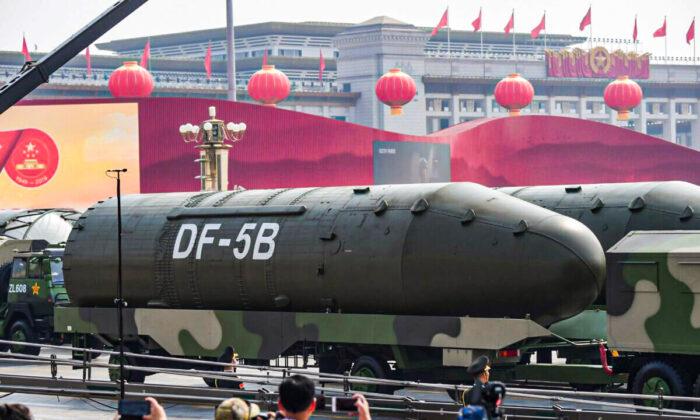

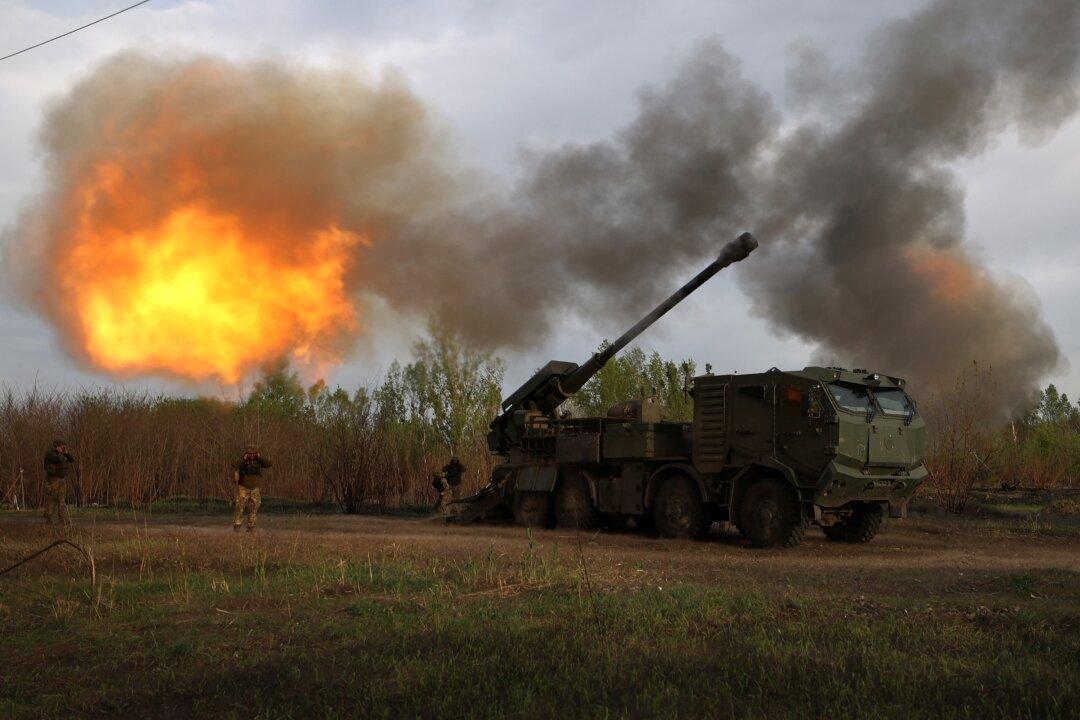
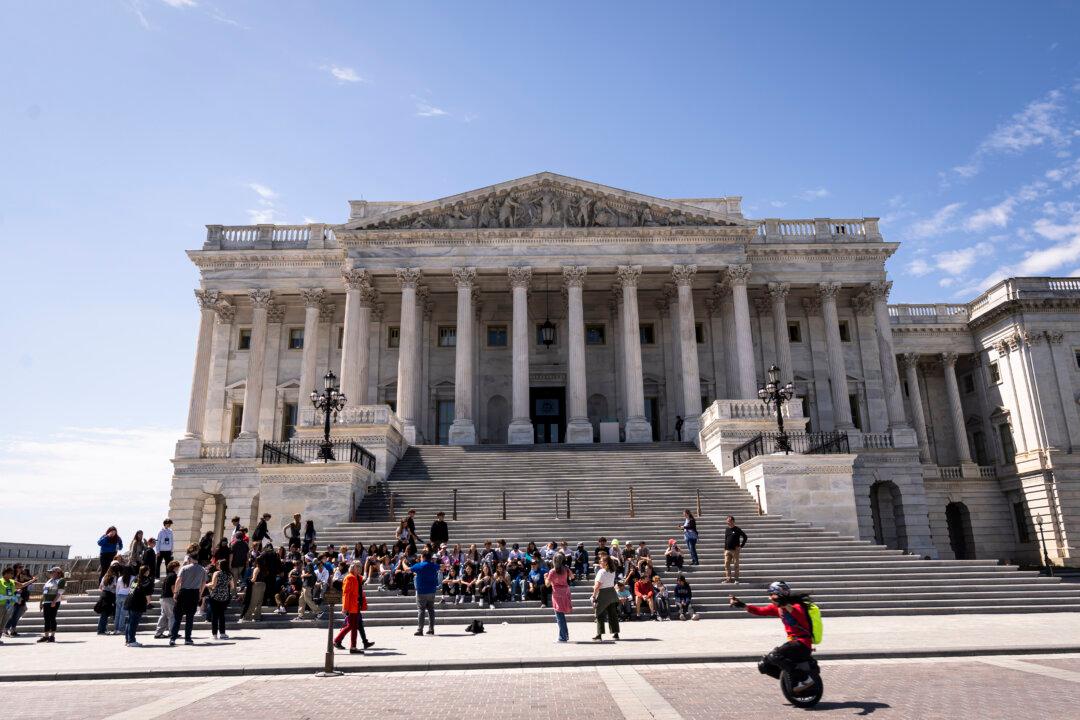
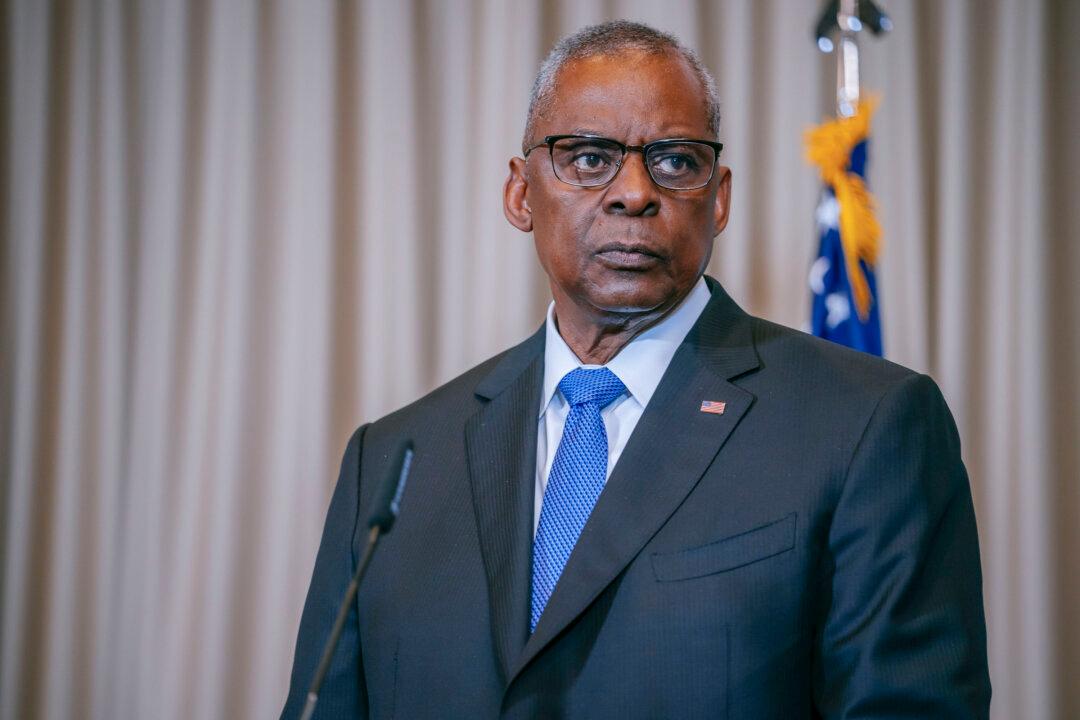
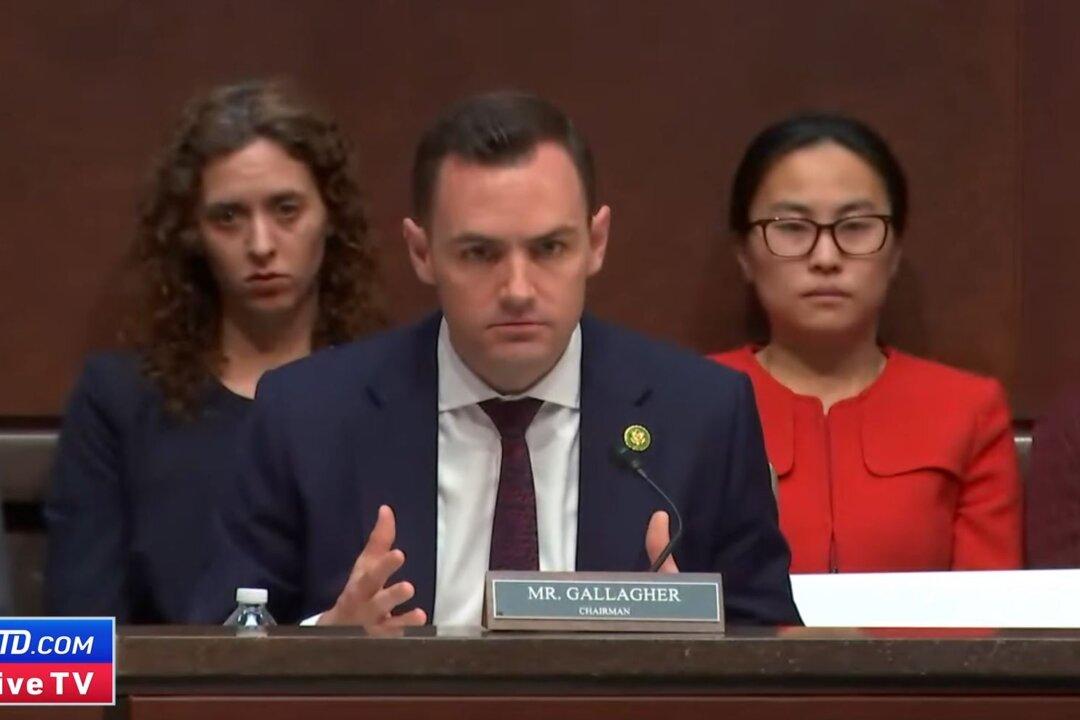
Friends Read Free